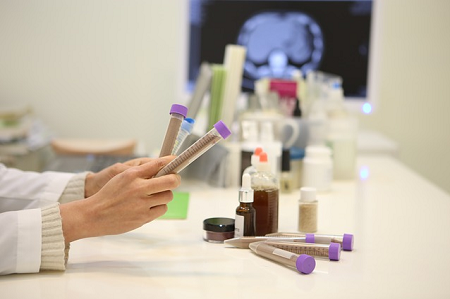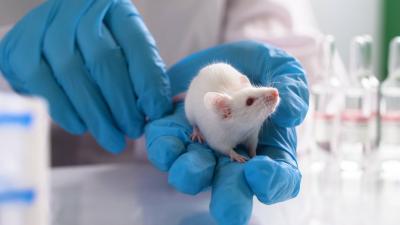Kidney Organoids Could Further Kidney Failure Research

Kidneys play key roles in the human body, such as filtration of toxins from the blood and regulation of blood pressure and bone density. Kidney failure, as a consequence of poisoning, infections, or other diseases, represents a serious health concern, and to date the only two available therapeutic options are kidney transplantation or dialysis. For this reason there is an urgent need to develop new human relevant in vitro models to test potential treatments and design cell-based therapies. Scientists at the Murdoch Children's Research Institute in Australia have successfully grown human kidney cells in vitro, by prompting induced pluripotent stem cells to differentiate into kidney cells, thus resembling human nephrogenesis (i.e., kidney formation). Such kidney organoids might be applicable for screening of kidney toxicants and modelling disease and might represent a source of cells for therapy.
References
- Takasato M, Er PX, Chiu HS, et al. Kidney organoids from human iPS cells contain multiple lineages and model human nephrogenesis. Nature. Published online October 7, 2015.







